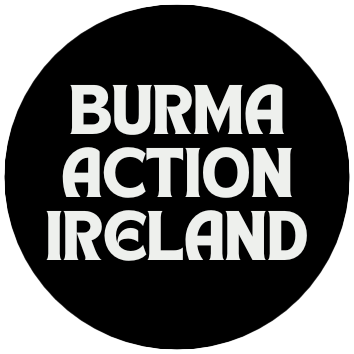Burma
Burma is a southeast Asian country bordered by Bangladesh and India to the northwest, China to the northeast, Laos to the east and Thailand to the southeast. The Andaman Sea and the Bay of Bengal are to the south and southwest of the country. Burma has a population of approximately 50 million people with diverse ethnic, religious and linguistic identities.
A Brief History of Modern Burma
Burma or Myanmar?
In 1989, the then-ruling regime suddenly changed the English translations of many names of states, cities, and towns as well as that of the country itself. This was an attempt to improve their image following their violent crackdown on protestors during the 8888 Uprising. Burma became Myanmar. In the Burmese language, Burma and Myanmar are pronounced almost identically. Burma Action Ireland uses Burma or on occasion, Burma/Myanmar.
8888 uprising & 1990 elections
In 1962, the military seized control of Burma in a coup d'état and it has been under military rule since then. Economic mismanagement and isolationist policies resulted in Burma becoming one of the world's most impoverished countries. By 1988, unrest over increasing poverty and political oppression led to nationwide demonstrations, culminating in a general strike on 8th August 1988, known as the 8888 Uprising. The military retaliated with a brutal crackdown, in which thousands are believed to have been killed.
During the protests, Aung San Suu Kyi emerged as a symbol of the struggle for democracy. In the 1990 elections, her party, the National League for Democracy (NLD), won an overwhelming victory but the military refused to cede power.
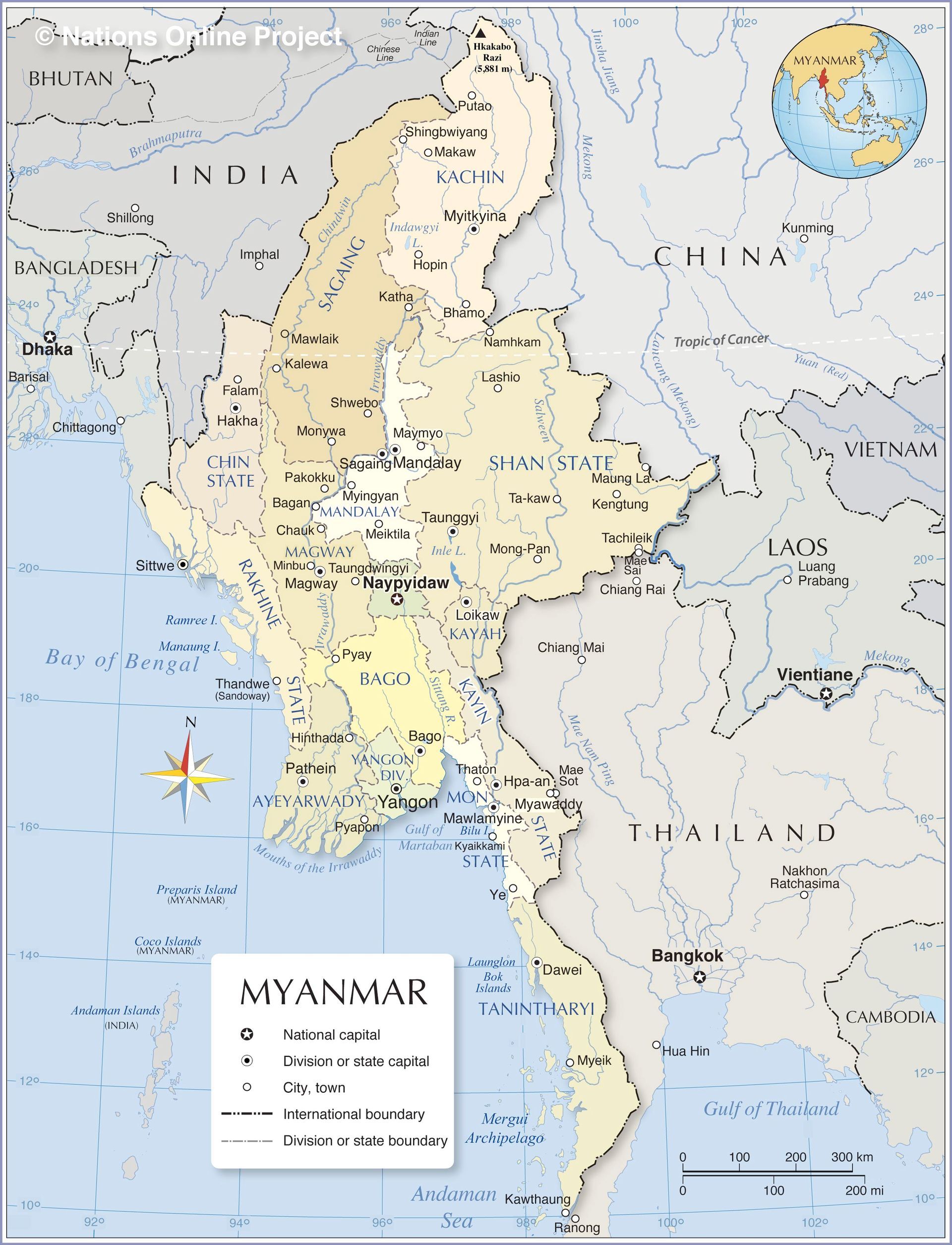
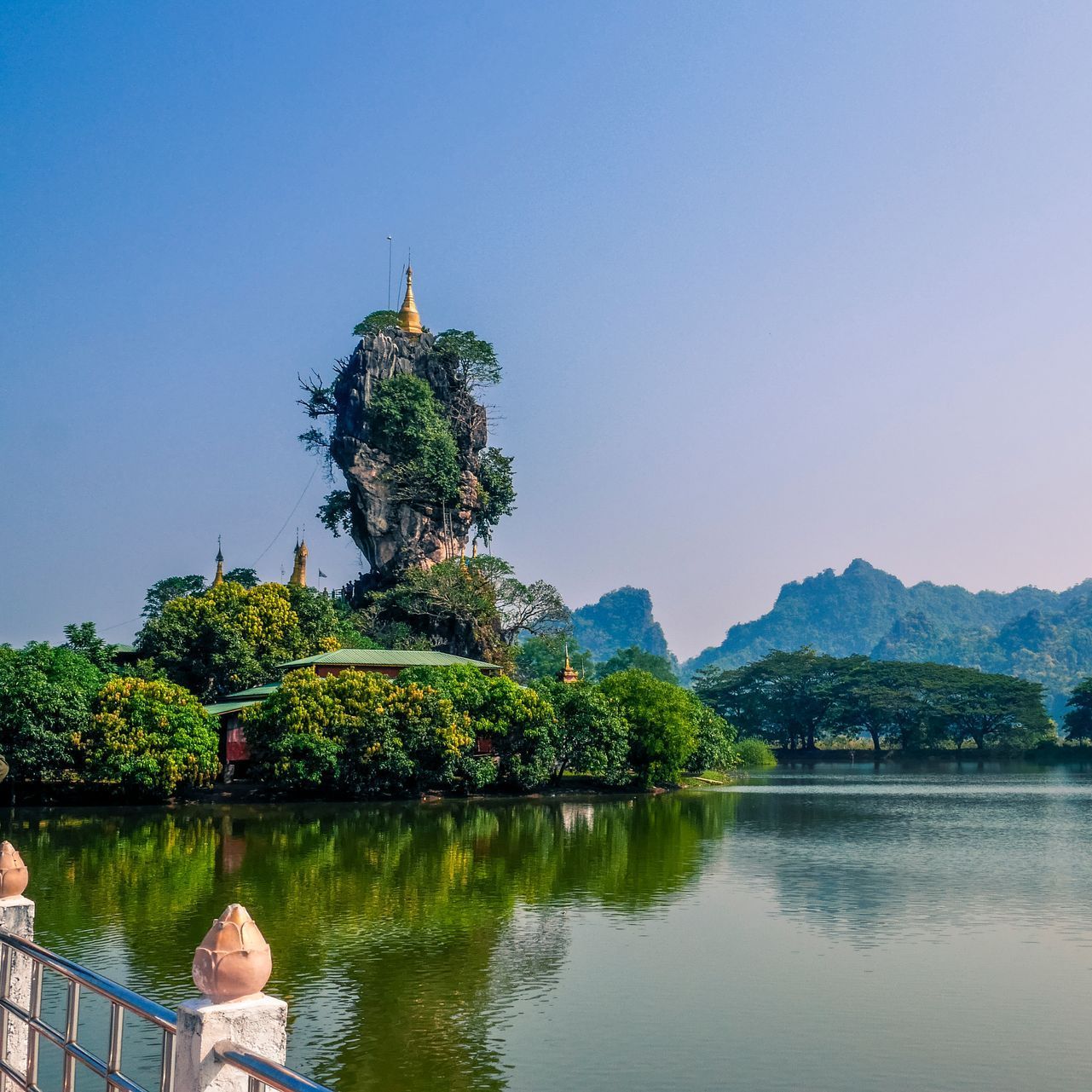
2008 constitution
The military's 'Roadmap to Democracy' was designed to present a democratic, civilian front while in effect entrenching and legitimising military rule. As part of this process, the military held sham elections in 2010 and in 2011, and then brought into effect their undemocratic, military-drafted constitution.
Under the 2008 Constitution:
- 25% of the seats in Parliament are reserved for members of the military, guaranteeing them a veto over any amendments to the Constitution.
- The military retains control of the key ministries of defence, home affairs and border security.
- The military has the majority voting power on the powerful National Defence and Security Council, which has the final decision on any major issue.
- The military is exempt from any civilian oversight and could continue to commit human rights violations with impunity.
- The Constitution gives the military sweeping powers to take direct control of government.
2015 elections
In the 2015 elections, the NLD party won an overwhelming victory. NLD leader Aung San Suu Kyi is constitutionally barred from becoming President. However, since 2016, she is the de facto head of Government through the creation of a new role as State Counsellor.
Human rights abuses
For decades, successive military rulers have committed systematic grave human rights violations against ethnic minorities, including extrajudicial executions, arbitrary detention, torture, rape and sexual violence. These atrocities are on a scale and of a nature to constitute crimes against humanity, war crimes and genocide, but the perpetrators have never been held to account. Burma's military continued to commit such abuses, including the clearance operations against the Rohingya, when sharing power with the civilian-led Government.
Under the 2008 Constitution, the Government has limited scope to prevent some of the serious human rights abuses. Nevertheless, the Government refused to cooperate with the UN Fact-Finding Mission on human rights violations, continued to deny the Rohingya their citizenship and defended the military's attacks on civilians.
2021 military coup d'état
On 1st February 2021, Burma's military leader Min Aung Hlaing launched a coup d'état, arresting democratically elected officials, declaring a state of emergency, and appointing himself as head of the State Administrative Council. The military junta declared the results of the November 2020 elections, which the NLD won by a landslide, invalid and justified the coup by alleging widespread electoral fraud, a claim rejected by independent international observers.
In the immediate aftermath of the coup, the people staunchly demonstrated their opposition to the coup with mass protests, work stoppages, boycotts of military products and a civil disobedience movement. The military junta responded with a brutal campaign of terror, which has claimed the lives of thousands of civilians including children. Tens of thousands of people have been arbitrarily detained in prisons and interrogation centres where torture is endemic.
Many people have fled the cities and towns; some have taken up arms to oppose the military junta, forming peoples' defence forces and receiving support and training from the ethnic resistance organisations (EROs). The military junta have launched ground offensives, airstrikes and indiscriminate shelling on towns and villages in rural and ethnic areas. In central Burma, security forces have burned down homes and schools, destroyed medical clinics and places of worship. The military junta have massacred civilians and burned their remains. More than 2.6 million people are internally displaced and over 18.6 million are in need of humanitarian aid.
Yet, the military junta continue to be faced with defiant and widespread resistance and they have been unable to seize control of the country. The military junta has driven the country further into an economic, humanitarian, and human rights catastrophe that is escalating all the time.
Take action for Burma!
Useful Links
Advocacy groups
Burma Campaign UK (BCUK)
http://www.burmacampaign.org.uk/
The European Rohingya Council (ERC)
Info Birmanie (IB), France
India for Myanmar
Myanmar Campaign Network, Australia
https://myanmarcampaignnetwork.org/
Rohingya Action Ireland (RAI)
Swedish Burma Committee
US Campaign for Burma (USCB)
Human rights groups
Altsean-Burma
Amnesty International – Myanmar
https://www.amnesty.org/en/location/asia-and-the-pacific/south-east-asia-and-the-pacific/myanmar/
Assistance Association for Political Prisoners (Burma)
Blood Money Campaign (BMC)
https://actionnetwork.org/groups/blood-money-campaign
Burmese Rohingya Organisation UK (BROUK)
Chin Human Rights Organisation (CHRO)
https://www.chinhumanrights.org/
Earthrights International
Justice for Myanmar (JfM)
https://www.justiceformyanmar.org/
Kachin Development Networking Group (KDNG)
Karen Human Rights Group (KHRG)
Karen Peace Support Network (KPSN)
Home - Karen Women’s Organisation (KWO)
Progressive Voice Myanmar (PV)
https://progressivevoicemyanmar.org/
Special Advisory Council for Myanmar (SAC-M)
https://specialadvisorycouncil.org/
Women’s Peace Network (WPN)
Burmese media
Democratic Voice of Burma
Kachin News Group
Karen News
Mizzima News
Myanmar Now
https://www.myanmar-now.org/en
Rohingya Vision
Shan Herald Agency for News
The Irrawaddy
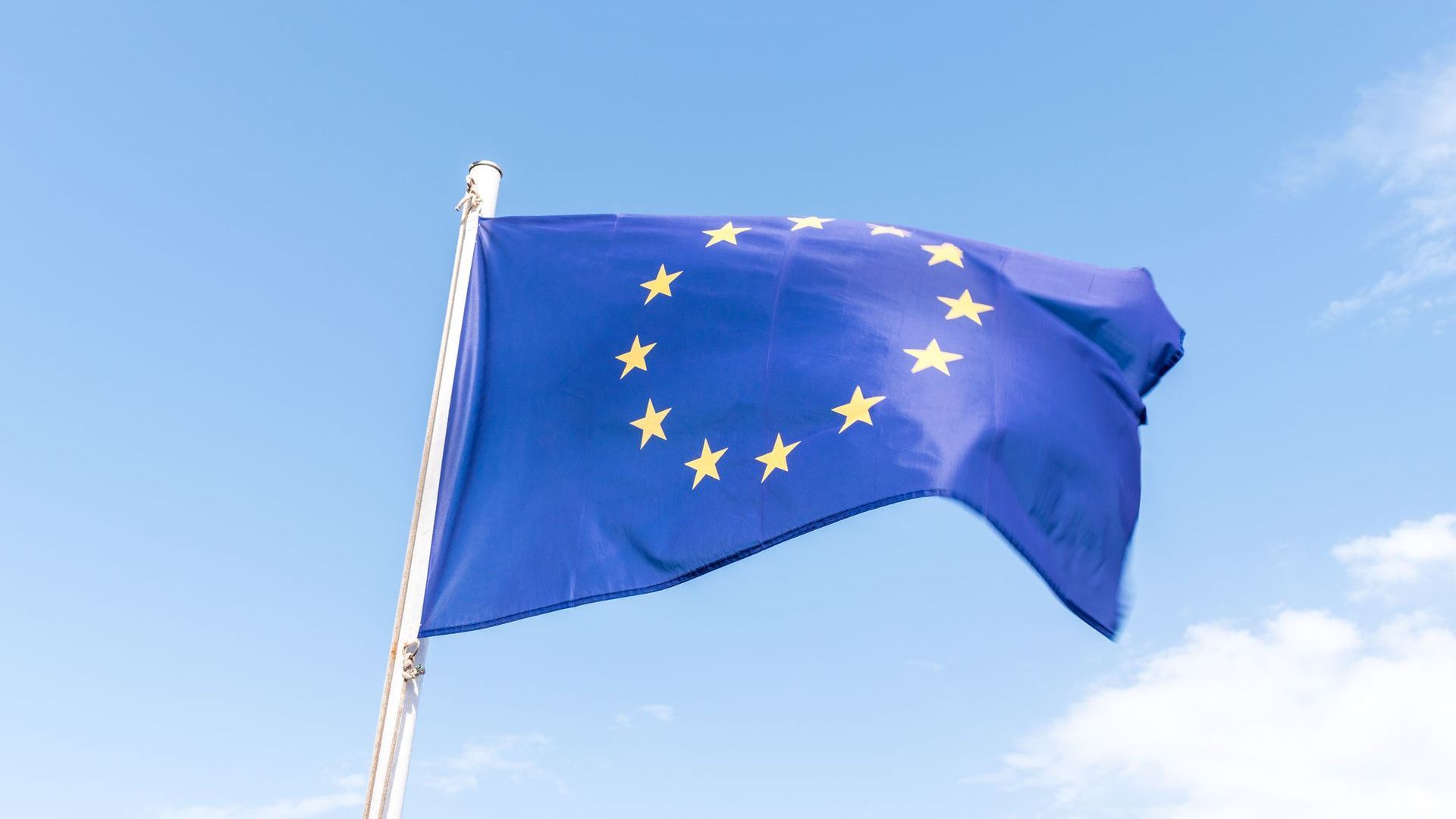
EU & Burma
The EU has maintained an arms embargo on Burma since the 1990s. Since the attempted military coup in February 2021, the EU has introduced 8 rounds of sanctions on individuals responsible for the coup and the ongoing campaign of terror as well as on individuals and entities that are either linked to or are under the direct control of military junta and that have supported the military junta financially, through the procurement of arms, equipment, or aviation fuel or in another way.
View sanctions
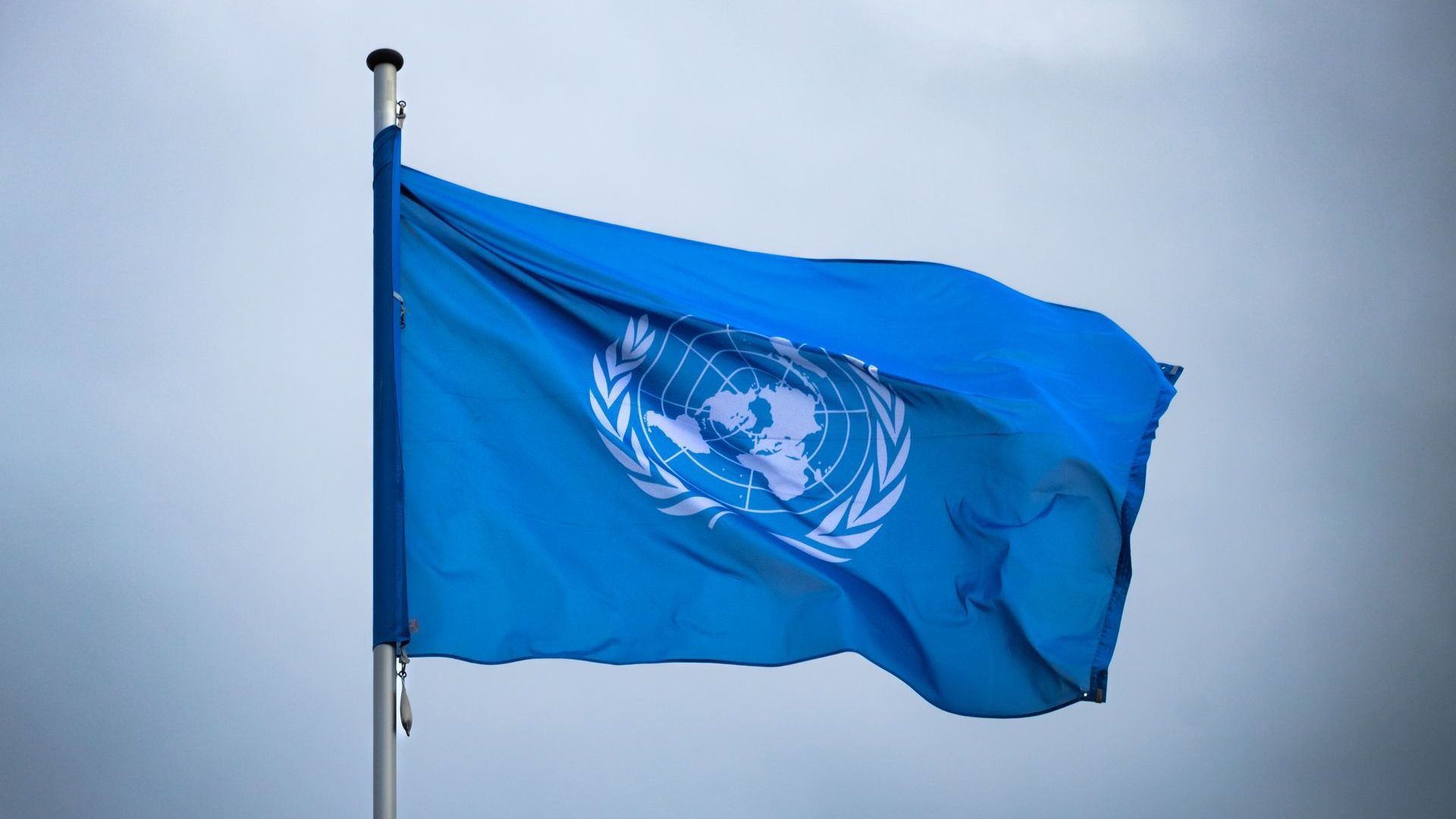
UN & Burma
The UN Security Council adopted Resolution 2669 on 21 December 2022 and expressed deep concern regarding the ongoing situation in Myanmar since the coup on 1 February 2021. The resolution calls for the immediate release of all political prisoners; respect for human rights and fundamental freedoms; upholding of democratic institutions; need for safe and unhindered humanitarian access; and immediate end to all forms of violence in the country. It also acknowledged the dire situation of Rohingya.
Further information
Reports
2025
28 Jan 2025
23 Jan 2025
The Genocide Never Stopped: 5 years on from the World Court's order to protect Rohingya - BROUK
20 Jan 2025
Women's Information Factsheet for 2024 - Burmese Women's Union
17 Jan 2025
Attacks on Healthcare in Myanmar: 25 Dec 2024 - 07 Jan 2025 - Insight Security
16 Jan 2025
Echoes of anger: Social media responses to increasing violence in Myanmar - Insight Security
08 Jan 2025
Close The Sky: The Dire Consequence of Inaction on Aviation Fuel in Myanmar - Blood Money Campaign
01 Jan 2025
2024
19 Dec 2024
Myanmar events of 2024 - HRW
15 Dec 2024
Civil Society Position Paper: Addressing ASEAN's goal of a "Myanmar-owned and -led solution"
09 Dec 2024
26 Nov 2024
Update on journalism & media safety in Myanmar: Jul-Sept 2024 - Athan
26 Nov 2024
20 Nov 2024
Landmine Monitor 2024 - Intl. Campaign to ban landmines
15 Nov 2024
07 Nov 2024
Rakhine: A famine in the making - UNDP
01 Nov 2024
24 Oct 2024
October bulletin of the Independent Investigative Mechanism for Myanmar
24 Oct 2024
The Situation of Women, Peace & Security in Myanmar - WPN
26 Jul 2024
Fueling Genocide - Myanmar Internet Project
19 Jul 2024
Suspected Use of Chemical Weapons in Karenni State and Throughout Burma Raise Alarm - KnHRG
10 Jul 2024
Schools under attack - Karen Human Rights Group
10 Jul 2024
Renewed atrocities against Rohingya in Rakhine State Myanmar - Women's Peace Network
6 Jul 2024
Investing in Myanmar's Military Cartel
1 Jul 2024
No return home_ Those who had no chance to go back home from behind bars - AAPP
26 Jun 2024
The Intensifying Rohingya Genocide - BROUK
24 Apr 2024
My Tears Could Make A Sea - Fortify Rights
27 Mar 2024
Efforts to investigate and punish sexual and gender based crimes against Rohingya - IIMM
27 Mar 2024
Anti Rohingya Hate Speech on Facebook - IIMM
8 Mar 2024
Massacre Carried Out by the Military Sep-Dec 2023 - Nyan Lynn Thit Analytica
14 Feb 2024
Increasing Use of Air and Drone Strikes in Attacks on Health Care in Myanmar - Insecurity Insight
26 Feb 2024
Briefer on Conscription - Altsean Burma
4 Mar 2024
Women's Peace Network - The Rohingya Boat Crisis
12 Feb 2024
Burnt Human Remains in Kya Paing - Myanmar Witness
9 Feb 2024
Aerial Attacks Carried out by the Military Council - Nyan Lynn Thit Analytica
30 Jan 2024
Mines Against Humanity - Justice for Myanmar
24 Jan 2024
Journalist Detentions in Myanmar - ICNL
3 Jan 2024
Impact on Medical Facilities Report - Myanmar Witness
4 Dec 2023
Altsean Burma Rohingya Briefer
9 Nov 2023
UPR Bangladesh Record on Refugee Rights 2018 to 2023 - Fortify Rights
21 Nov 2023
Struggling to survive - BROUK ICJ briefing
3 Oct 2023
How the UN is Failing Myanmar - Special Advisory Council Myanmar
Jul 2023
11 Sep 2023
Report of the Independent Investigative Mechanism for Myanmar
27 Mar 2023
Deaths in Junta Detainment - AAPP
11 Apr 2023
Sentenced to Death by the Junta - AAPP
1 Mar 2023
2023
4 Dec 2023
Altsean Burma Rohingya Briefer
9 Nov 2023
UPR Bangladesh Record on Refugee Rights 2018 to 2023 - Fortify Rights
21 Nov 2023
Struggling to survive - BROUK ICJ briefing
3 Oct 2023
How the UN is Failing Myanmar - Special Advisory Council Myanmar
Jul 2023
11 Sep 2023
Report of the Independent Investigative Mechanism for Myanmar
27 Mar 2023
Deaths in Junta Detainment - AAPP
11 Apr 2023
Sentenced to Death by the Junta - AAPP
1 Mar 2023
Become a voice against violence in Burma
Take a stand against the atrocities committed by Burma’s military junta and join our campaign for stronger international sanctions.
Contact us
If you have any questions about our campaigns or would like to get involved, please get in touch via emailing us at info@burmaactionireland.org or reach out to us on social media.
Sign up to BAI
Contact Us
We will get back to you as soon as possible.
Please try again later.
Burma Action Ireland
